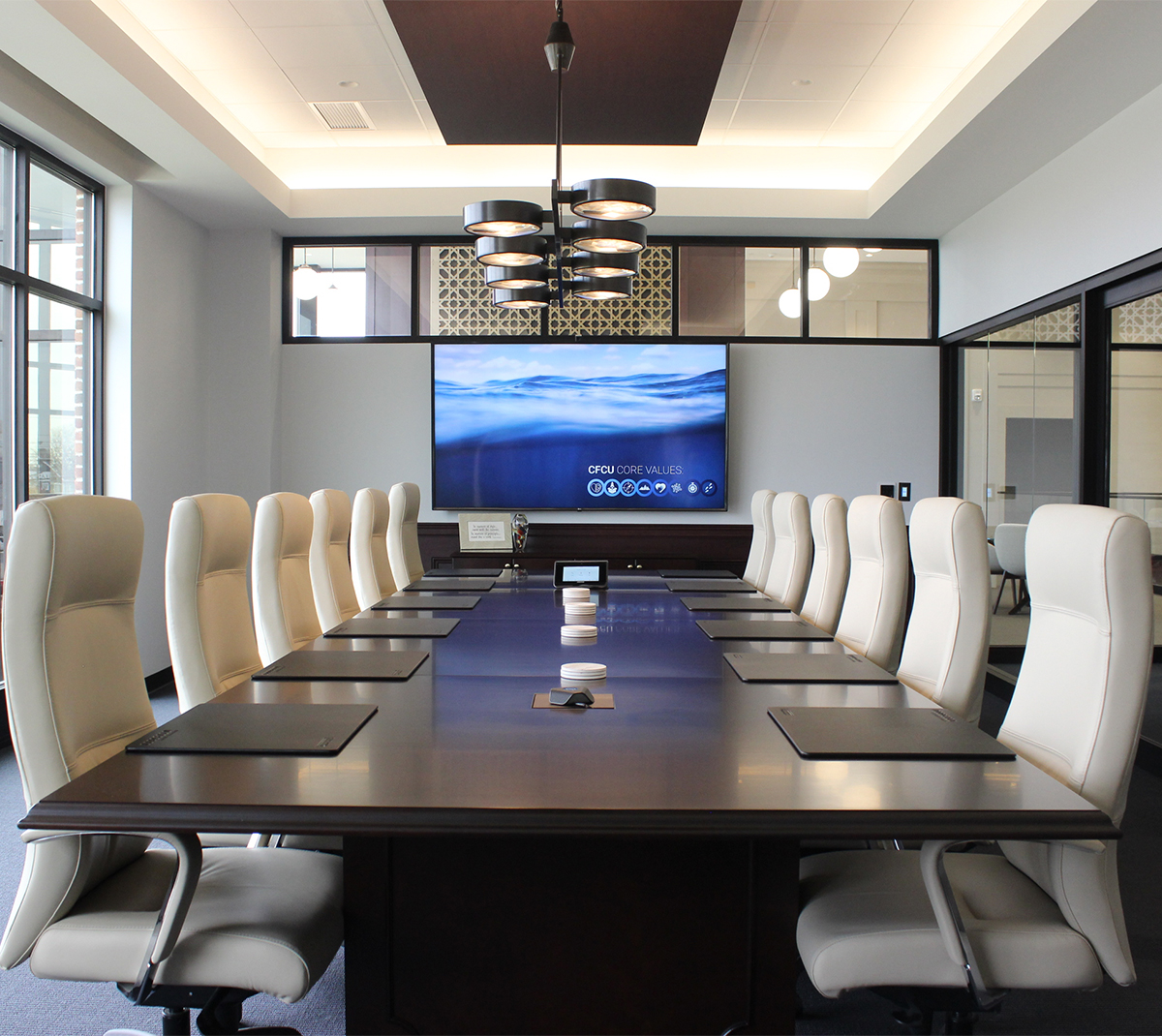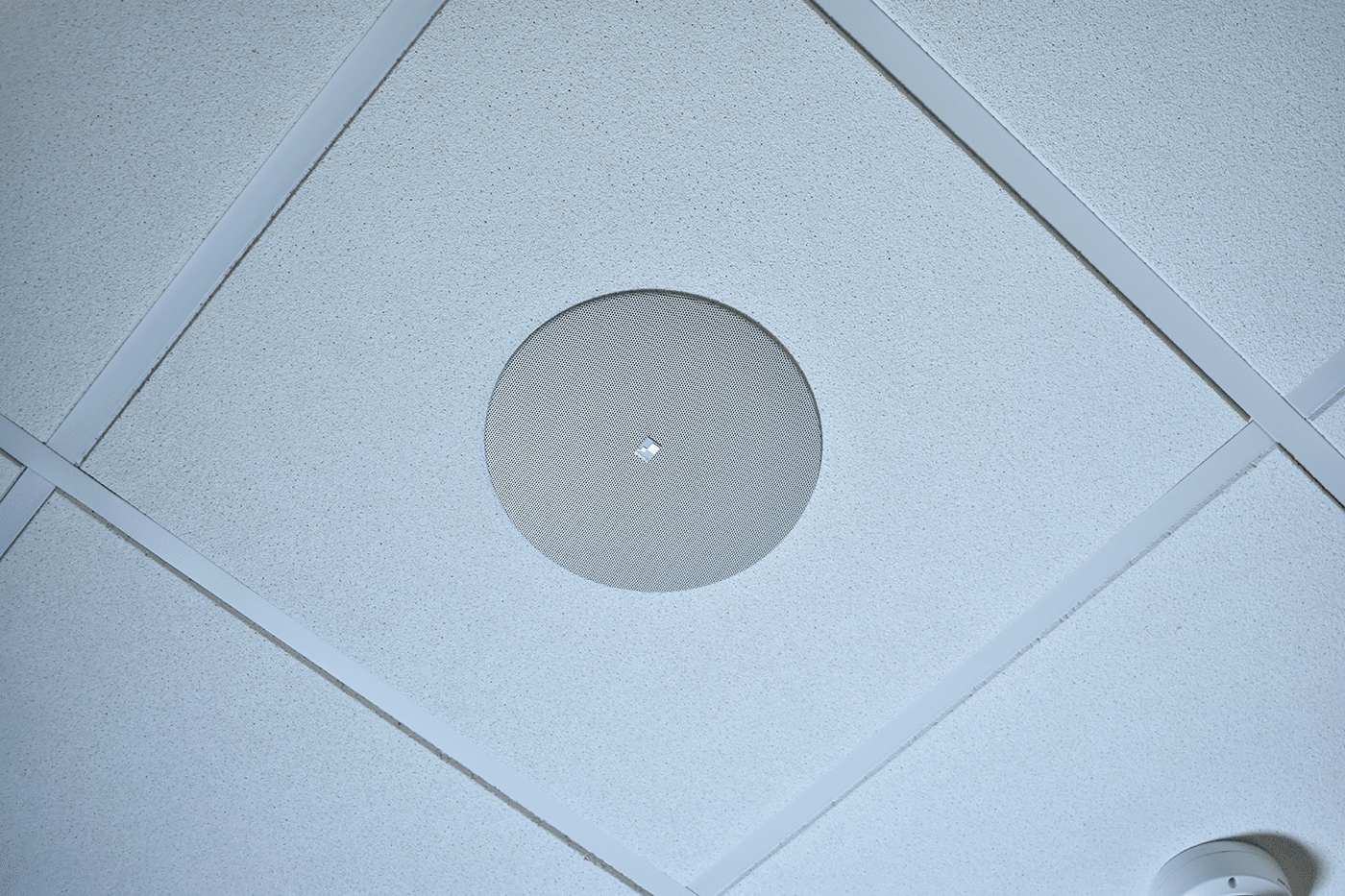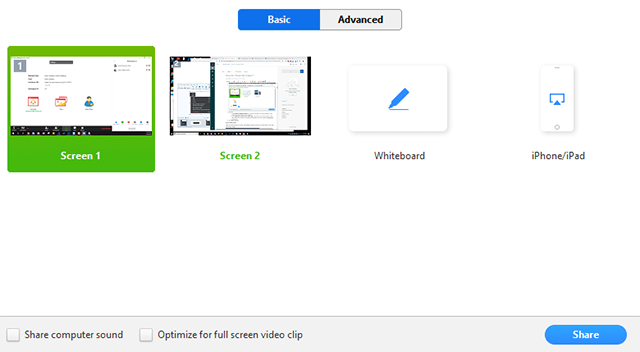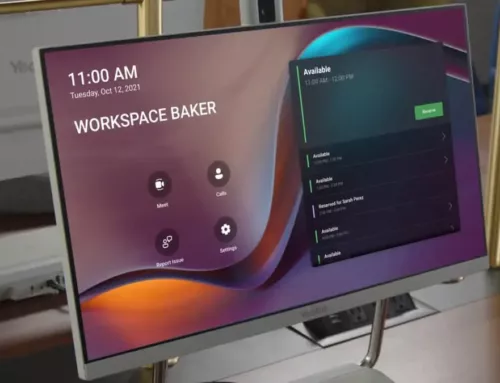It’s estimated that during any given day, 11 million business meetings take pace. These meetings eat up 37% of the average employee’s working hours. According to Doodle’s 2019 State of meetings report, the cost of poorly organized meetings reached $399 billion in the US.
In today’s post-pandemic workforce, with companies now supporting a much larger remote and/or partially-remote workforce, we’re relying on technology more than ever. In doing so, the opportunity for technology issues to waste even more time during meetings is now present.
Here are 6 must-have meeting room capabilities to keep your meetings efficient and on-task without disruption from hard-to-use technology.
1. Invest in the Conference Room Technology Your Employees Actually Need
Come up with a conference room equipment survey to distribute to the company to understand what technology employees need in order to get their work done and what workplace productivity issues they currently run into.
Consider the following:
- What type of technology are must-haves in your meetings?
- How easy is it for you to book a conference room, either in advance or on the spot?
- Do you run into issues with the audio and/or video technology – either from home or in the office?
- Do remote employees have substandard AV equipment creating audio or video issues?
- How hard is it for individuals to connect to the conference room?
- Do you think there are enough meeting rooms?
SHOP TRUSTED WORK FROM HOME TECHNOLOGY
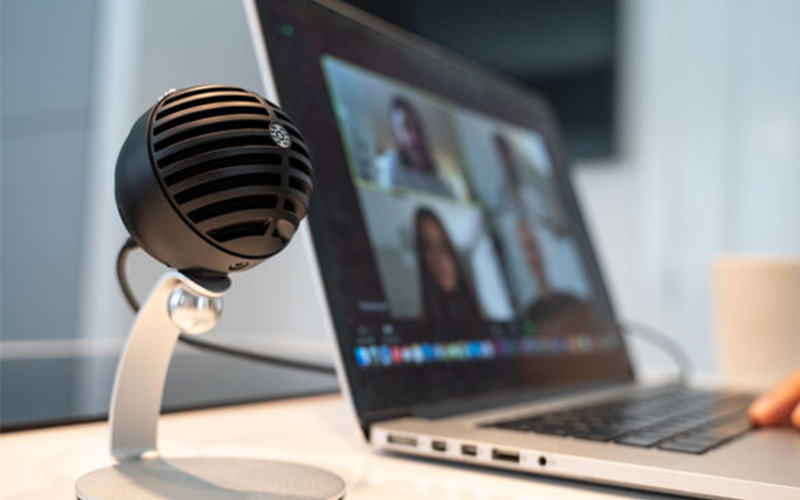
Your conference room technology is only as strong as its weakest link. That means your work from home employees should be connected through quality audio visual technology. Browse our list of trusted products and order for yourself or your whole team today.
2. Choose a Standard for Technology Across Every Conference Room
Every conference room in your office should be accessible to every employee. Having a standard across conference room scheduling software, room displays, AV conferencing and wiring prevents constant change management, confusion across employees and issues with servicing of different technology.
3. Make Sure You Have Clear Audio
Video conferencing often steals the spotlight in meeting rooms, but clear audio is even more important. Colleagues can collaborate without seeing each other, but nothing gets done when people can’t hear each other. Getting clear audio for your meeting rooms includes choosing professional grade audio solutions and installing microphones and speakers in the right location within the room.
4. Make Content Sharing Easy
With teams working from anywhere, being able to share content—from images and videos to PowerPoint presentations and digital whiteboards—is more important than ever. Make sure your meeting rooms have the hardware and software employees need to keep collaborating.
5. Invest in Conference Room Scheduling
Allowing employees to schedule and check into meetings using scheduling software right from their own devices, or from a device right outside of the conference room allows for better organization, more on-time meetings and eliminates the double-booked meeting space.
Additionally, scheduling software provides meeting room analytics and insights about how the meeting spaces are actually being used, along with blindspots and areas for improvements.
6. Ensure the Process to Connect Personal Devices is Simple & Quick
When employees need to connect using their own devices, the potential for problems multiplies. Time is lost when people spend the first several minutes of the meeting trying to find the right cables, adaptors, and WiFi network.

